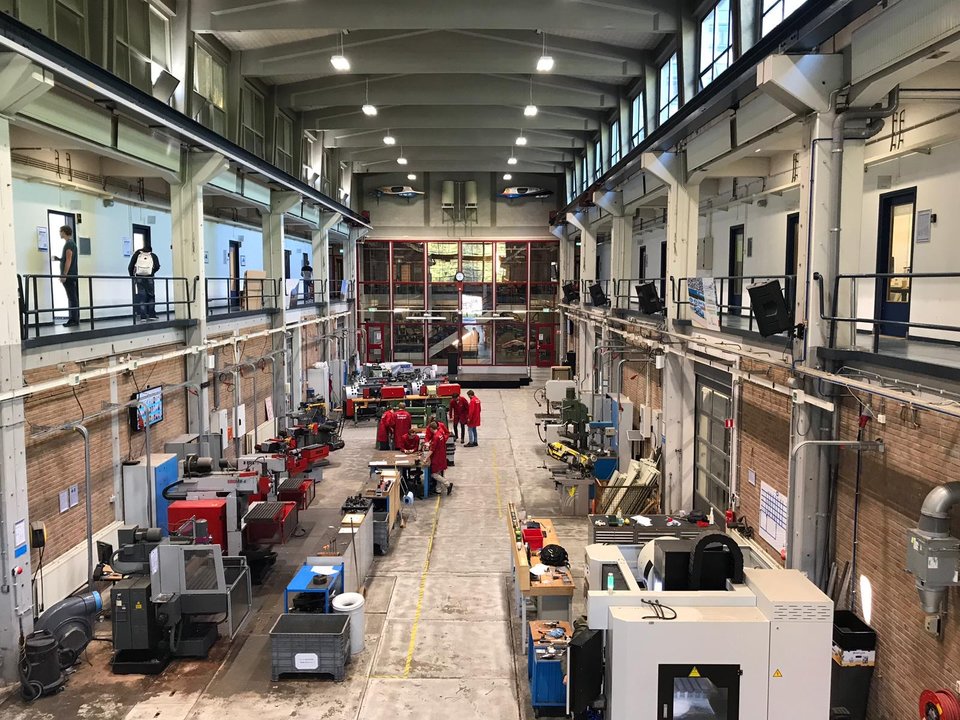D:DREAM
TU Delft is known worldwide for its successful student teams. These teams, called D:DREAM in Delft, are entirely managed by the motivated students themselves. From team management, to designing and producing their inventions, it all happens in the D:DREAM hall.
Because at this place, located on the TU Delft campus, young engineers turn dreams into reality.
Within the student teams, students from different study programmes work together. Students from the Faculty of Applied Sciences (BSc programmes Life Science and Technology, Molecular Science and Technology, Nanobiology and Technische Natuurkunde) are also in high demand and enjoy working together on innovative solutions to problems.
Read about student teams sponsored by the Faculty of Applied Sciences here, which often include students from our programmes:
Delft Hyperloop
-
My name is Seb Biessen and last year I completed my bachelor's degree in Technische Natuurkunde (TN). I have always had affinity with mathematics and physics, and wanted to continue developing that during my studies. I was also attracted to the fact that the bachelor's is still so broad, and that I can still specialise in many directions after the bachelor's, also at other faculties.
As expected, I really enjoyed studying TN, especially the more theoretical physics subjects in which my rationality had to struggle with my intuition. I also had a good time because I found an active group of friends in the programme. Partly through these friends, I decided at a certain point to join a dream team: Delft Hyperloop.
I am now the lead of the 'levitation department' in the team's 8th edition. A hyperloop is a vehicle (a pod) that could reach very high speeds by travelling in a vacuum tube, without making contact with its track. Together with my department, I am responsible for developing the hardware and software that allow the pod to float. I am also responsible for contact with a number of partner companies and the department's planning.
I love the fact that I can now turn the theoretical knowledge from my bachelor’s degree into a physical prototype, while continuing to develop myself technically. Although the versatility of studying TN allows me to fulfil many tasks within the team, I feel that there is really a role for me at Delft Hyperloop in 'magnet engineering'. Next year, I plan to continue my studies and do the Applied Physics master's.
Join Delft Hyperloop!
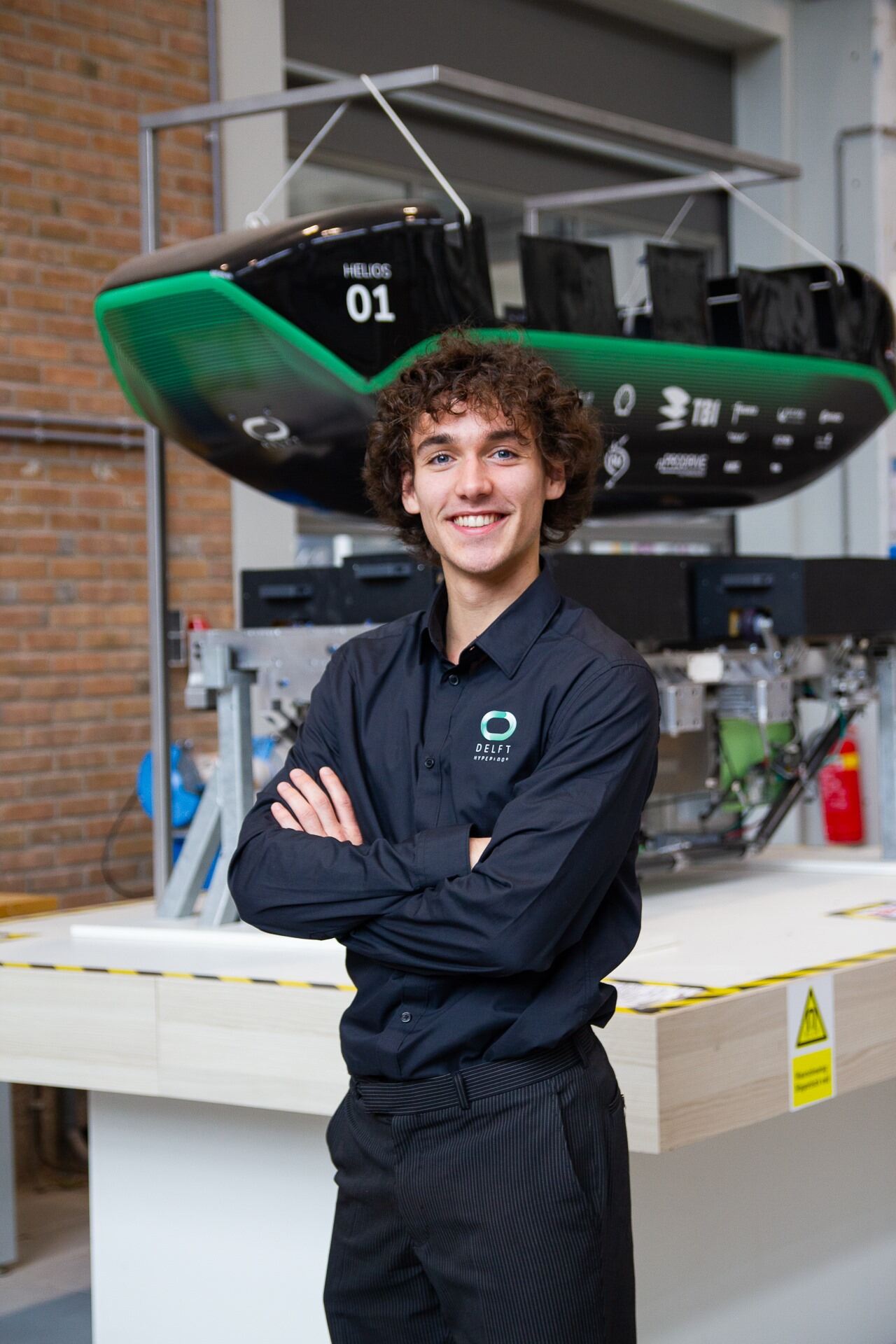
HELIOS III - The newest design of Delft Hyperloop VIII
Eco-Runner Team Delft
-
I chose the Technische Natuurkunde (TN) bachelor's degree for a number of reasons. First, I always liked mathematics and physics in secondary school and I was good at those subjects. In physics, I also liked precisely the more abstract things. That eliminated Mechanical Engineering or Aerospace Engineering, among others. In the end, I chose Technische Natuurkunde in Delft because it seemed to me the nicest city to study physics in.
Something I liked about the programme is that everything was generally well organised. All the necessary information and also the material was often on time and easy to find on Brightspace. This allowed me to arrange my own timetable because I was not too dependent on the lectures. This also ensured that I had as many fun activities as possible alongside my studies.
I wanted to do something different for a year after my bachelor, mainly to orientate myself on what I would like to do as a job later. A Dream Team seemed suitable for this. I started searching online to see what teams there were. Eco-Runner seemed interesting in terms of content and there seemed to be a pleasant atmosphere at the team.
Within the team, I am the project and finance manager. My main tasks are keeping the planning/progress and finances in order. What I like most about my job is that I really get to experience all aspects of the project. I do find it a shame sometimes that I don't actually design and make anything myself. Something I have learned so far is that things often don't go the way you expect them to. You need to be flexible and be able to come up with solutions quickly if things go wrong, and also be prepared for things to go wrong.
In my studies, I actually liked all the subjects. I also liked that we had 3 quantum mechanics courses, because I find this an interesting subject. I followed the 'Engineering with AI' minor, in which I specifically enjoyed getting better at Python (a programming language). For my bachelor end project, I researched new materials for scintillators. I found this very interesting in terms of content, but there were many practical aspects of doing experimental research' that I did not find great. In terms of work, I do not yet know what I would like to do, but I have thus found that I would not necessarily want to go into research.
After my studies, I probably want to do the quantum mechanics track of the Applied Physics master's. It appealed to me that you have a lot of freedom of choice for subjects within the master's. Because of this, I hope to learn as many things as possible that seem interesting to me. What I want to do after the master's I don't know yet. I did notice this year that I like being part of a technical interdisciplinary project.

Accelerate the Future | Eco-Runner Team Delft
Emergence
-
I chose to study Technische Natuurkunde (TN) because I have been interested in astronomy since a young age. When I started making physics experimental setups in high school, I knew that would become indispensable in my later life. At TN, I can combine these two passions of mine.
Studying AS has become an important part of my life and I definitely keep many friends from it. I have a passionate group around me, most of whom are now also doing a Dream team and that makes the course very special in addition to the interesting course material covered. Together we study complex subjects the programme includes and keep motivating each other to do better.
I joined Emergence when I saw a mysterious poster in Echo. Then I immediately signed up for the newsletter and was notified by Nora. Emergence came at a perfect time in my life because I like to combine my passion for engineering with artistic installations alongside my studies. Emergence works on this at a high level.
Within Emergence, I fulfil the role of Chief Engineer. I find this job the perfect role for an Technische Natuurkunde student; because it requires fundamental knowledge about how engineering works but you keep an overview of all components as a whole. I mainly deal with Optics and Electronics, which fits very well with my studies. But the main thing I have learned is all the things that come with a managerial role.
I am now focusing on my masters and would like to learn more about optics in quantum mechanics.
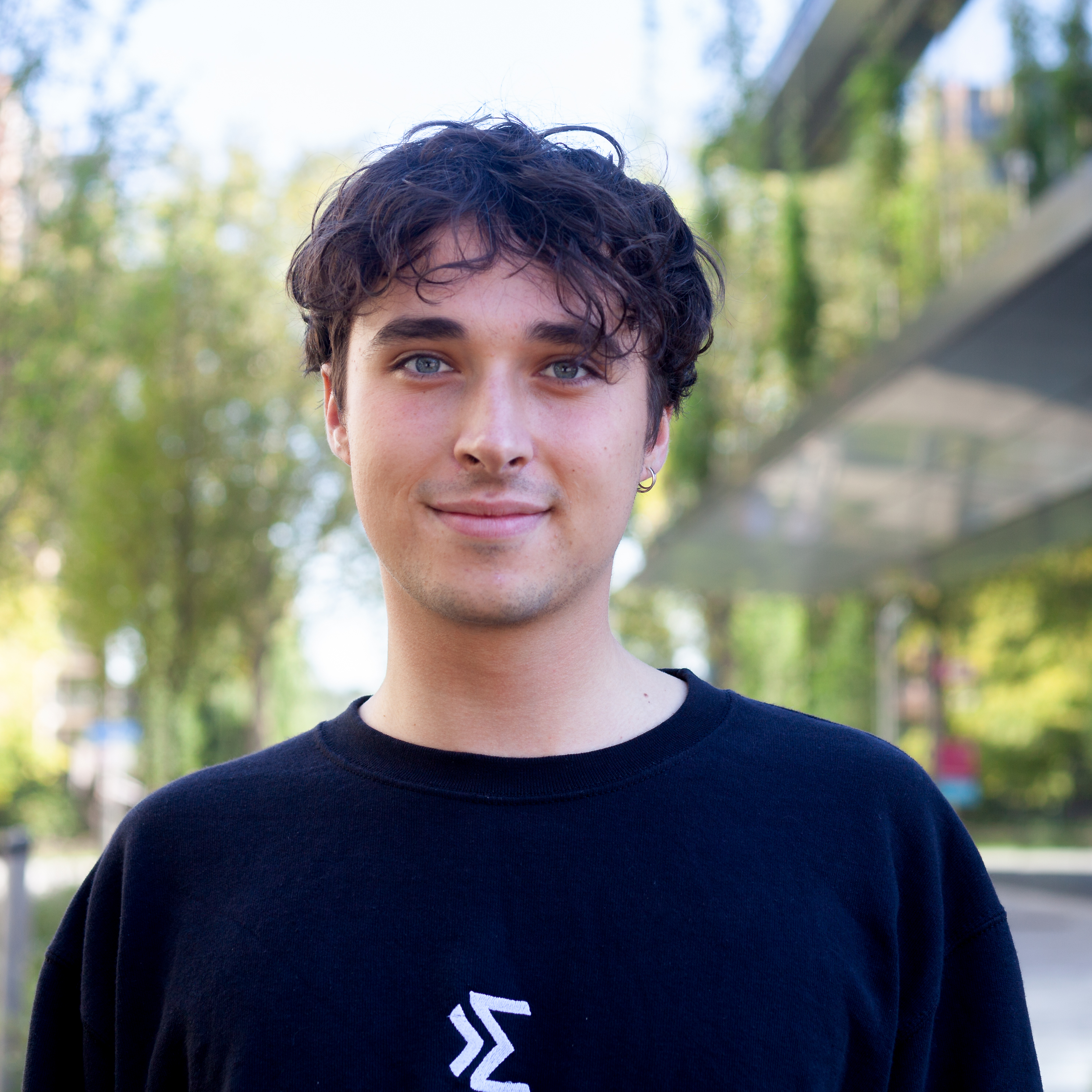
TU Delft TV // Emergence Delft 1 // New Media Project
Epoch
-
When I was little, I always wanted to be a librarian, or a writer. Yet now I have ended up with the bachelor's degree in Life Science and Technology (LST). How did that transition happen?
Since high school, I have actually become interested in everything. From discovering the wonders of the human body to unfolding thinking skills in philosophy and long evenings practising maths. Having many interests is very practical, after all, you actually like everything. The downside is the difficulty of making choices that comes with it.
On 1 May, I was enrolled in Law, Artificial Intelligence, Food Technology and LST. In the end, it became the latter. This is because it is a combination of basically all science subjects, it is taught in both Leiden and Delft, which means you can benefit from the strengths of both universities, and it covers a very wide range of subjects.
Now, in my third year of my bachelor, I noticed again how important AI is going to be in the future, or rather, that AI is the future, think of OpenAI's GPT and Sora. AI is now used in such a way that it should increase productivity and thus maintain or increase prosperity: so using people, only in such a way that they only contribute absolute added value (maximally automated). This is where I personally disagree. I only wish AI was used for what humans have not been able to do (sufficiently) so far. Epoch IV is now working on a project with the central government for a better filing system to make document retrieval faster for journalists. This is important for government transparency and to prevent cases like the “toeslagenaffaire”, a recent scandal involving the tax authorities.
At Epoch, I am now exposure coordinator, which means I deal with Epoch's image to the outside world. This includes, making videos, photos and writing press releases. At Epoch, I learned mainly that to set up good projects, you have to communicate a lot and, cliché-wise, you also have to stand your ground. I spend Mondays consulting almost all day.
After completing my bachelor's, I want to continue studying. The plan now is a double master's, one more towards alpha sciences and one more science-oriented. Whether this will be the LST master's, I am not sure yet.
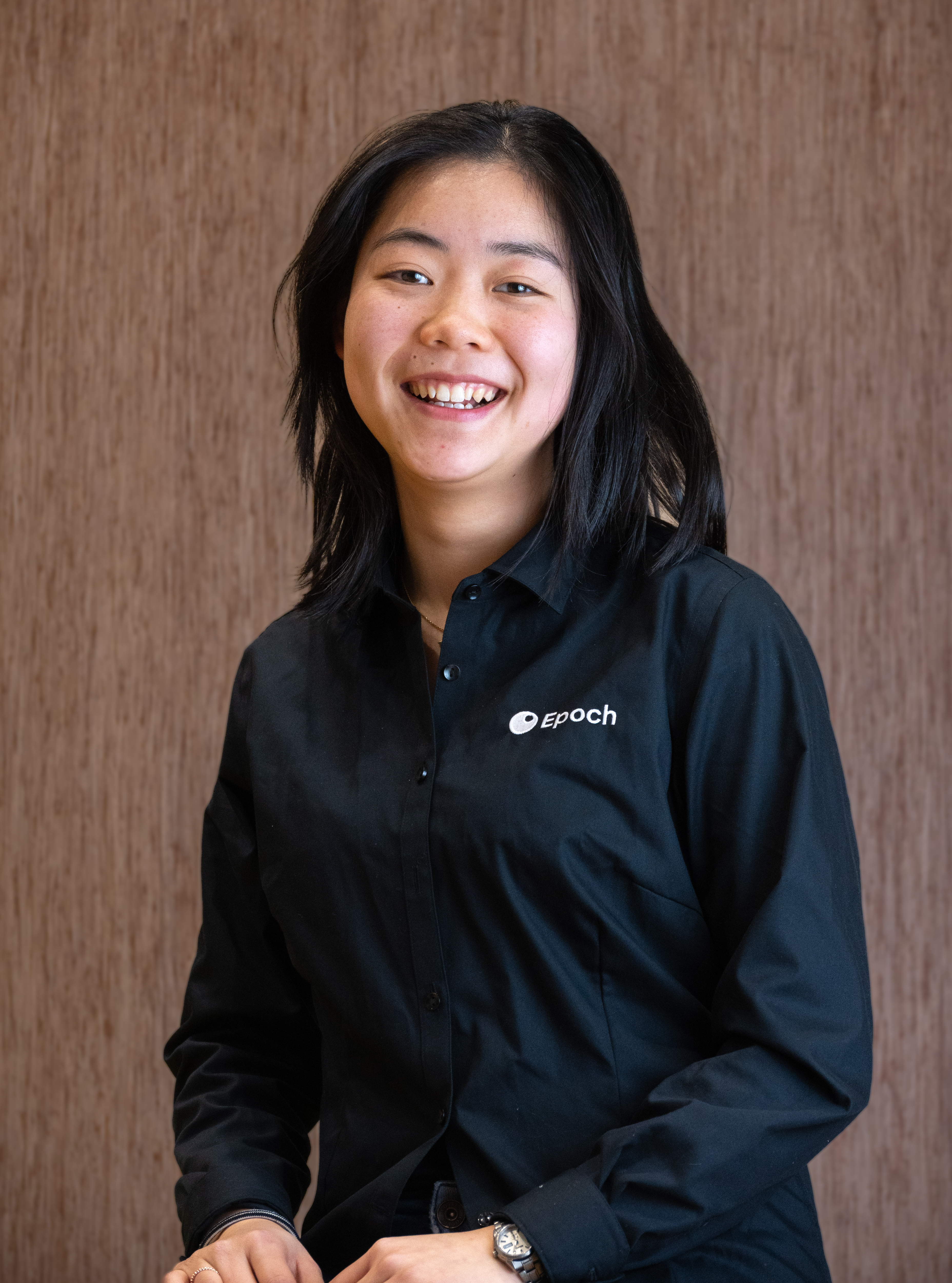
Epoch IV | Team Introduction Video
Formula Student Team Delft
-
I initially chose Technische Natuurkunde (TN) because I didn't really know what I wanted to study and actually found everything about physics interesting (and didn't immediately want to choose a direction). During my studies, I found out that I still find theoretical physics very interesting but that its applications are much more fun to actually get to know. Therefore, I think Technische Natuurkunde is a perfect programme for me.
To get a bit more hands-on experience, this year I have chosen to spend a year full-time at Formula Student Team Delft building a car. I am responsible for making the accumulator and low-voltage battery, where I can apply my theoretical knowledge but also learn a lot about cells, laser welding and sawing/drilling in materials like copper.
After this year, I want to start the master's in Applied Physics but first, six months of production, testing and eventually the competitions await me, in which we will race our car against teams all over the world.
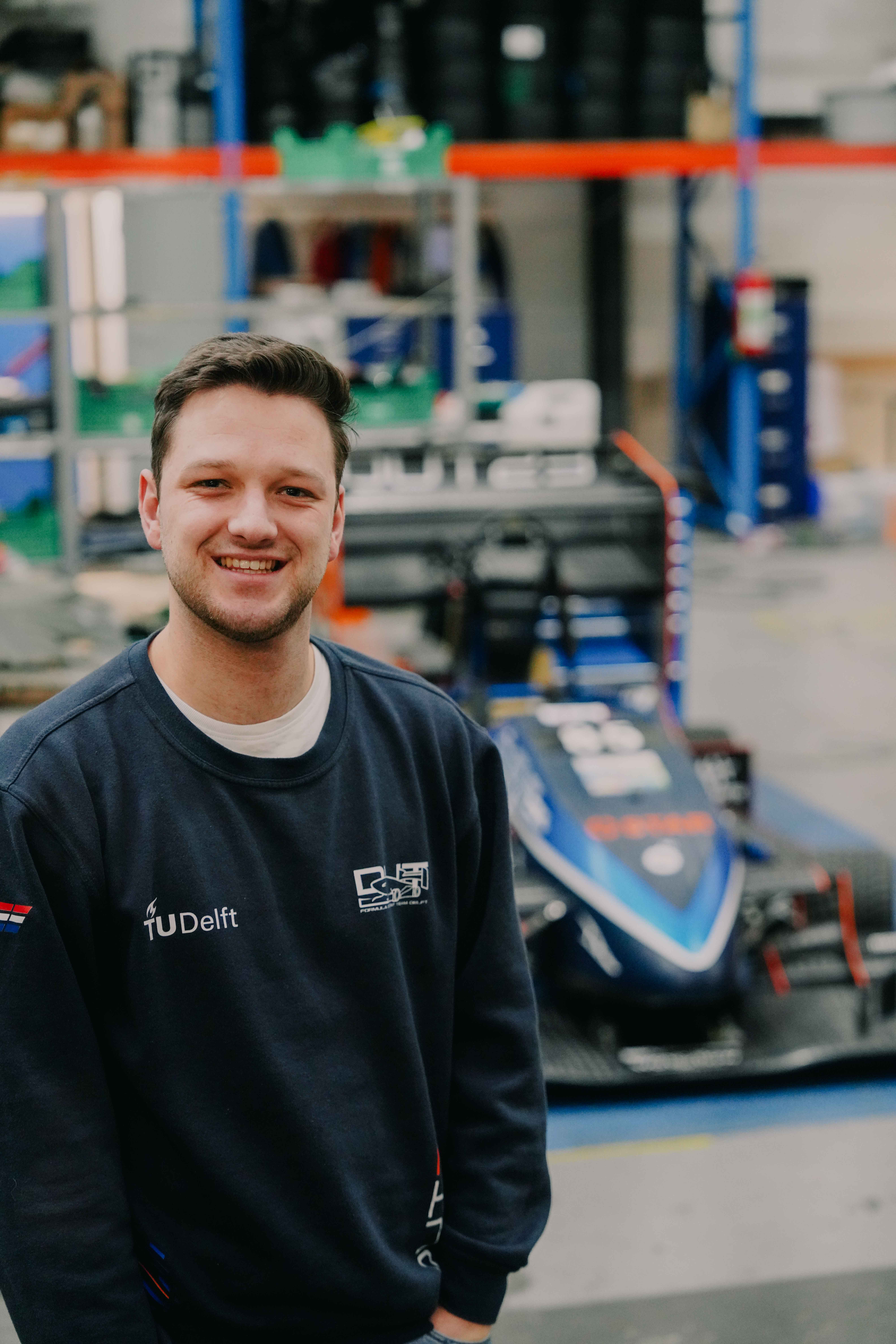
Formula Student Team Delft | TNW
Space Oasis Delft
-
I chose to study Life Science and Technology (LST) because of my interest in chemistry, biology and physics, which are perfectly combined in this field. I really like the mix of practical classes and theory, although it took me a while to find the right study balance. Besides my studies, I work on a TUDelft Dream team, Space Oasis Delft.
My curiosity about the Dream team peaked after a fascinating lecture given by students from the team, after which I decided to sign up. In the team, I deal with the sustainability of a lunar base, think about managing plants, water and waste.
During my studies, I explore the complex world of cells and micro-organisms from different scientific perspectives. After my studies, I would like to delve into molecular genetics, a field I find immensely interesting.
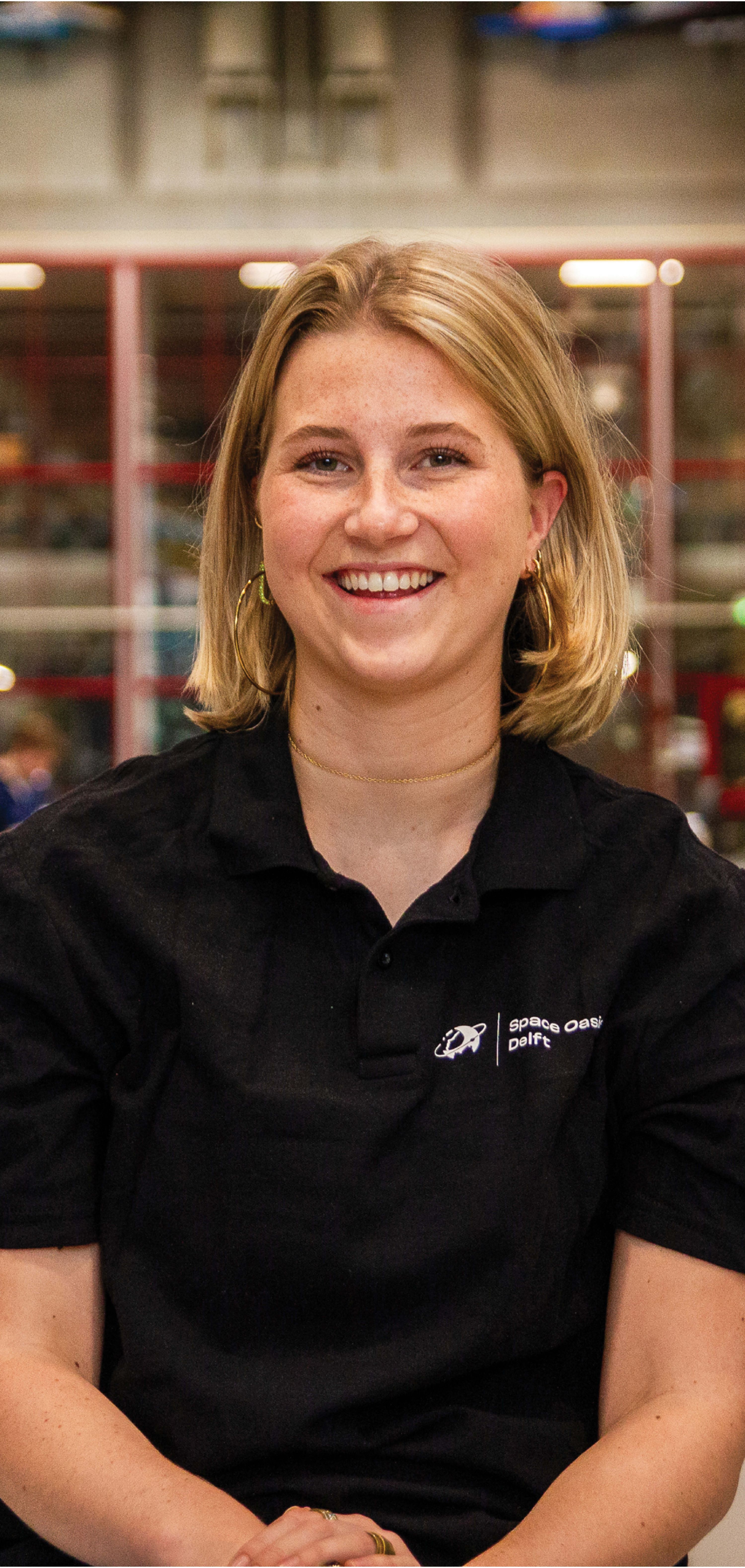
Space Oasis Delft: Meet Our Life Support Biologist
Team Forze
-
I chose Molecular Science and Technology because I Always enjoyed chemistry in high school but I also had an interest in mathematics and physics. Additionally, I also was attracted to the idea of studying in both Delft and Leiden, which both have their own atmosphere, subjects and vibe.
For me the most fun was working on the projects and assignments with friends and other students, together you can always learn a lot from each other and it makes it a lot of fun. And yes of course some courses were difficult but I think that in the end, I enjoyed every course I did.
At the start of my time at the TU Delft I saw Forze for the first time and I already thought wow that is a cool project, having always had a small interest in cars and racing. The way they combine technology and racing and try to show the world that hydrogen is an excellent fuel for the future inspired me. So nearing the end of my third year I decided to apply for a function at Forze, and I do not regret it.
My function in Forze Hydrogen Racing is Part-Time Operations manager, and in my function, I have learned a lot more about planning and logistics for events, and how to work with different companies to be able to go to many different kinds of events as a student team. Additionally, I learned even more about how to work together with students from different kinds of engineering backgrounds and how to work together as a team.
During my degree I chose to follow the technology track, which focuses on big industrial processes and how to control all the steps that are taken when going from a starting material to a final product. In the first year, there is a course that introduces you to this and I enjoyed doing that and working towards an overview of a big chemical process. And I still want to know more about how all these processes work.
After I finish this degree I want to start with the Master's degree in Chemical Engineering next year, but after that, I do not know yet
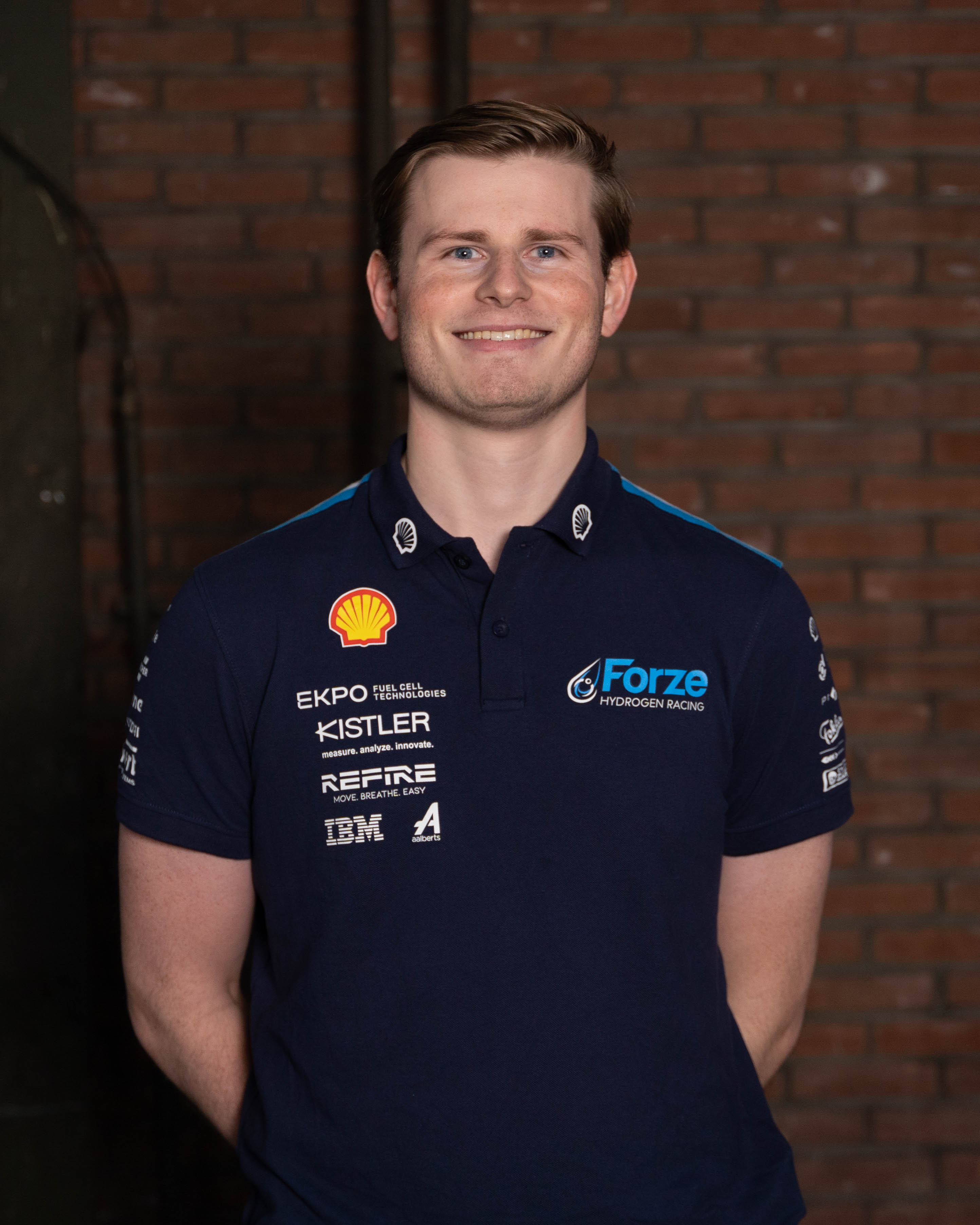
-
I chose the Bachelor’s degree programme Technische Natuurkunde, because I was very interested in understanding the fundamental laws of physics, and in learning how it can be translated into emerging technologies by using numerical approaches.
It was valuable for me that I had flexibility and many options in the courses that I can take. Moreover, it was valuable that the course structure encouraged me to communicate with other students and faculty members to collaborate on problems. I found it difficult to tackle the overall workload, but at the same time, it pushed me to learn as much as possible.
Since my childhood, I was very passionate about high-performance vehicles, which drove me to learn about the physics that is at the core of making these vehicles alive. I discovered Forze through a career event, and I was convinced that this is an ideal first step outside of academia to develop myself in the field of motorsport. This is because Forze offers an opportunity where I can put the knowledge and skills I learned from my studies into practice,with a goal to make both technological and sustainable impact in motorsport.
This year I’m Chief Simulation and Control at Forze Hydrogen. I experience my tasks at Forze to be challenging, but extremely fun at the same time. We are working on developing a hydrogen powered hypercar for racing. I learned massively on the technical side, such as about control systems or about fuel cell technologies. Also, I learned how to make an effectively communication, to ensure a successful collaboration in the team.
What I did substantively during my studies? I took courses that focus on the topic of quantum physics and computational physics. In my thesis work, I worked on the geometry optimization of a quantum device using numerical methods.
What do I want to do after the programme? I would like to continue working in the field of high-performance engineering in a racing team. My first option is to work as a SimCon engineer, but I am open to working in other engineering disciplines as well.
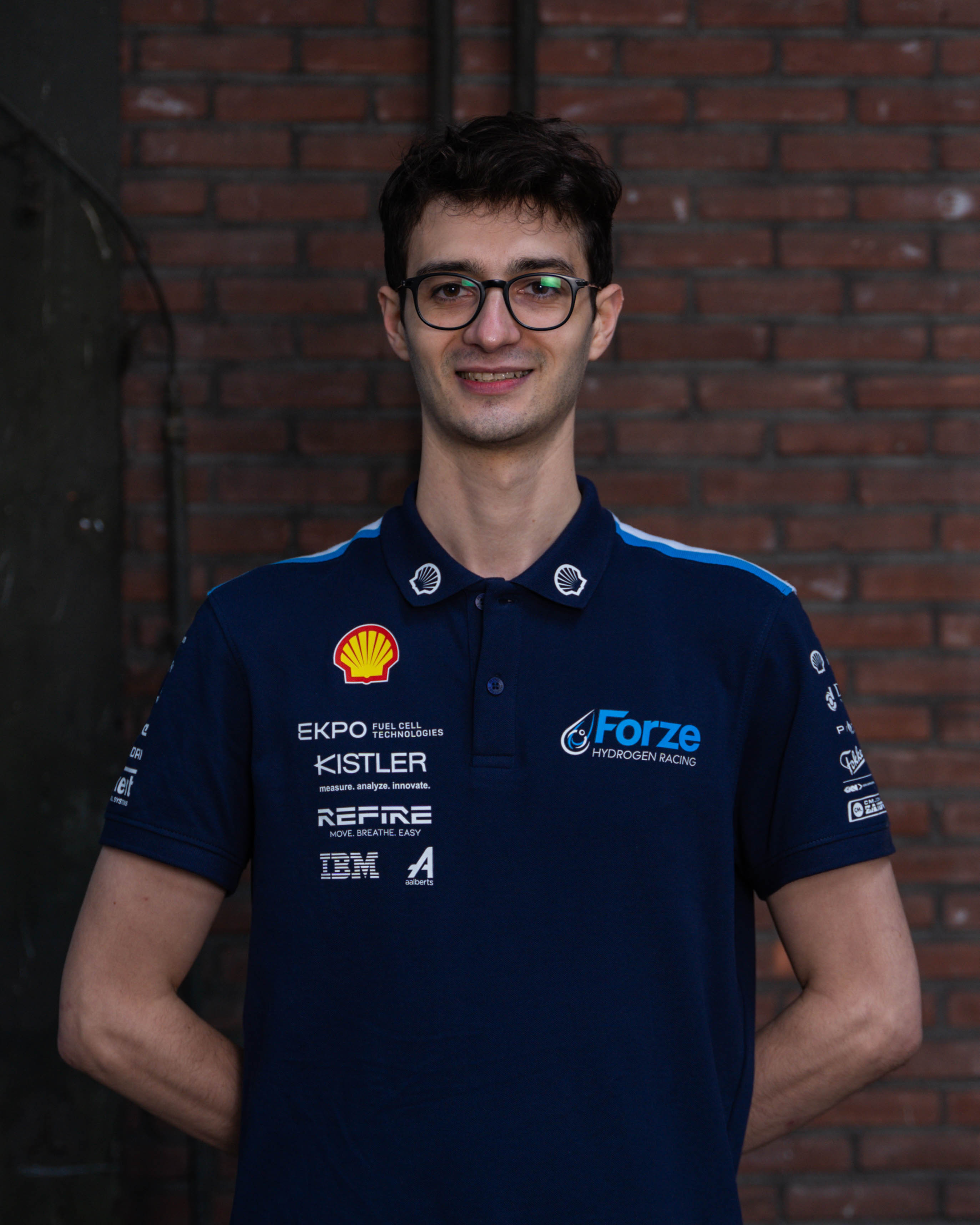
Forze Hydrogen Racing promo video TNW
